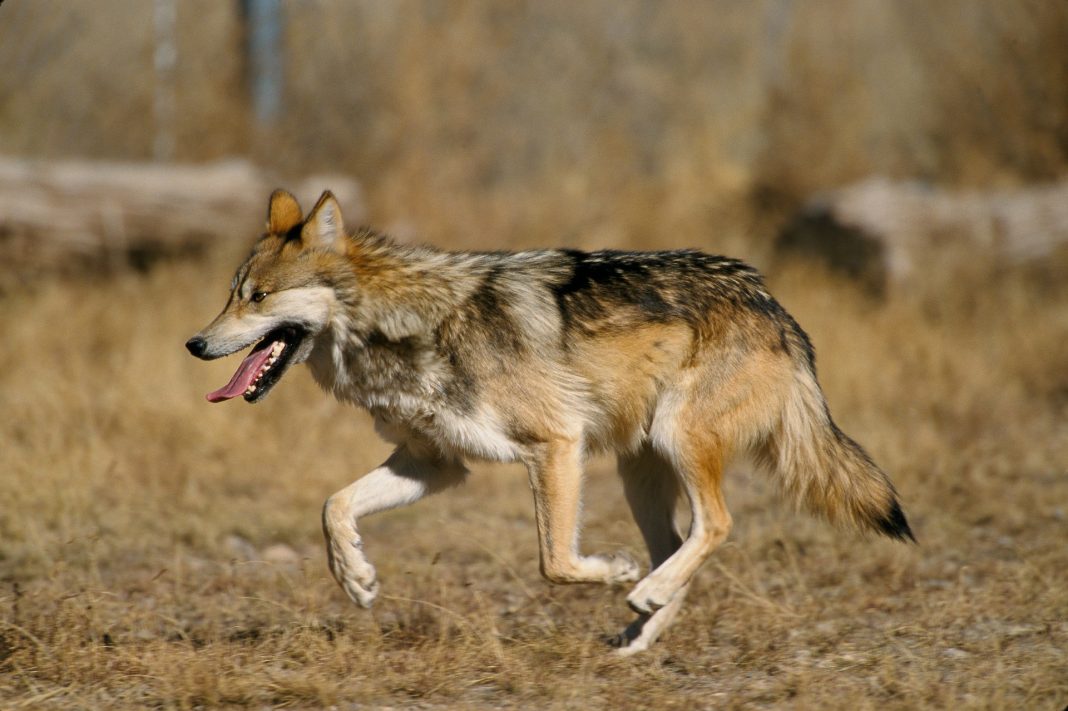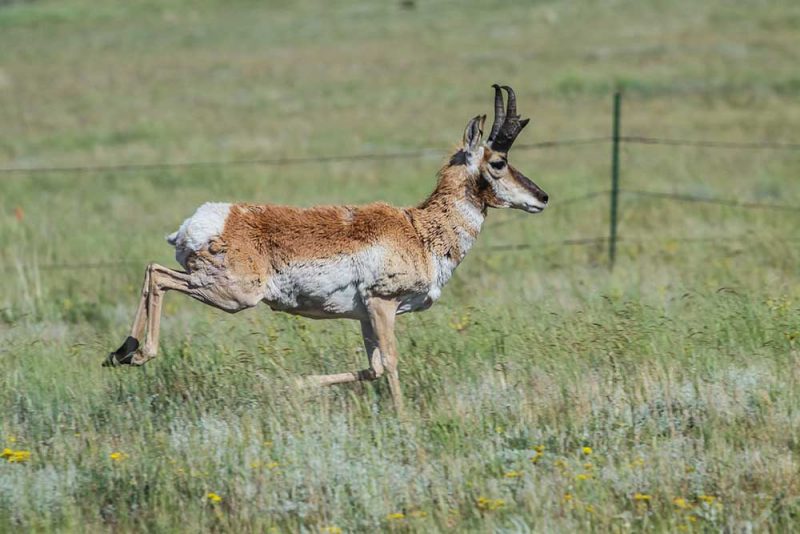Arizona Game and Fish Department officials have released a report showing a healthy population of Mexican wolves. The study took place throughout 2019. Subsequently, the Mexican Wolf Interagency Field Team (IFT) conducted aerial counts of the population. During the aerial counts, IFT found 163 Mexican wolves in their home range of Arizona and New Mexico. The wolves were found to be well distributed with 76 counted in Arizona. Likewise, the study found that 87 wolves called New Mexico home. Mexican wolves are the rarest subspecies of Gray wolves in North American.
“The count shows we have more wolves, more breeding pairs and more pups born in the wild than ever before,” said Amy Lueders, Regional Director for the U.S. Fish and Wildlife Service in Albuquerque, NM. “This is the second year we have seen a significant increase in the wild population of Mexican wolves, a success that is directly tied to the science-based, on-the-ground management efforts of the Interagency Field Team.”
“The numbers highlight the wolf’s progress in the wild,” said Jim deVos, Assistant Director of Wildlife Management for the Arizona Game and Fish Department. “The results of this census are very important as they reflect the great progress being made in the recovery of the Mexican wolf in the United States. The increase in the Mexican wolf population is not an isolated year, but rather a continuum of increases over the last 10 years.”
Interesting Findings during the Study
The IFT has released some interesting information from this year’s Mexican Wolf numbers study.
- At the end of 2019, there were at least 42 packs counted.
- 11 new packs have been established.
- 21 of the 28 packs that IFT checked had pups.
- At least 90 pups were born.
- 52 of the 90 pups survived into 2020.
- IFT found 14 adult wolves that had died from natural causes during the counts.
- During the aerial count IFT captured and GPS collared 21 wolves.
- In 2019 IFT placed 12 captive-born pups in wild dens to help with genetic diversity.
- 163 wolves is a 24% increase over 2018s 131 wolves.
The study certainly shows Mexican Wolf numbers are on the rise. What are your thoughts on Mexican wolves? Let us know what you think in the comments.















